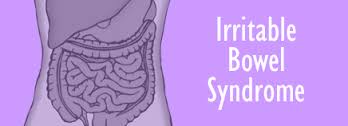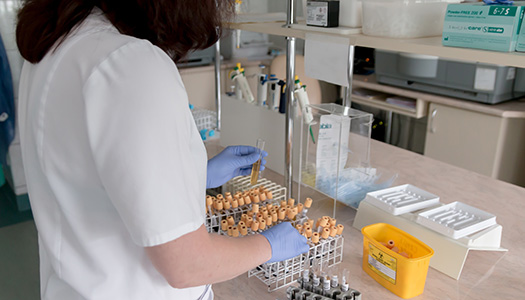Irritable bowel syndrome (IBS)
🌿 Natural IBS Treatment in Navi Mumbai – A Gut Feeling You Can Trust
Let’s talk about your gut—literally.
If your stomach has a mind of its own (and a dramatic flair for bloating, cramping, or sudden dashes to the loo), chances are you’re not alone. Welcome to the not-so-exclusive club called Irritable Bowel Syndrome (IBS). The good news? It’s manageable—and even naturally treatable—with the right blend of care, calm, and a dash of homeopathy.At Ashwini Homoeopathy in Navi Mumbai, we believe in holistic, heartfelt healing. So lets naturally treat IBS in Navi Mumbai with us!
🚨 What Exactly Is IBS?
Irritable Bowel Syndrome (IBS) is like that unpredictable guest who shows up uninvited and refuses to leave. It affects up to 15% of people in India, with women twice as likely to experience it. Most diagnoses happen before age 35—so yes, your gut might just be going through a quarter-life crisis.
According to Lippincott Journals, IBS is common, but the mystery around its causes continues to baffle scientists and sufferers alike.
🔍 Signs Your Gut Might Be Throwing a Tantrum
If you tick off a few of these boxes, you might be dealing with IBS:
- Cramping or abdominal pain that magically disappears after a bathroom visit
- Periods of constipation, diarrhea, or playing musical chairs with both
- Bloating, gassiness, or that “I swallowed a balloon” feeling
- Mucus in your stool (gross but important)
- Feeling like you haven’t quite “finished the job” after a bowel movement
🎯 What Triggers IBS? (Besides Monday Mornings)
While we don’t have a single villain to blame, here are the usual suspects:
- 🦠 Post-infection aftermath: Your gut may still be upset even after a stomach bug is gone
- 🧀 Food intolerances: Lactose from dairy is a common trigger (sorry, cheese lovers)
- 🌶️ Spicy or sugary foods: Delicious? Yes. Friendly to IBS? Not always.
- 😰 Stress and anxiety: Your gut is basically an emotional sponge
- 💊 Certain medications: Painkillers, antibiotics, and antacids can wreak havoc down there
🌱 Natural Ways to Outsmart IBS (Yes, It’s Possible!)
IBS doesn’t have to run the show. Here’s how to naturally manage it:
🧘♀️ Stress Less, Poop More Comfortably
Relaxation techniques like yoga, deep breathing, and meditation actually calm the gut’s nervous system. (Your gut and brain are BFFs.)
🥗 Eat Smart, Not Less
Add soluble fiber (hello oats, brown rice, and fruit flesh) to your diet. But skip extreme food temps—hot soup and ice-cold drinks don’t play well together.
🚫 Watch the Gas Gang
Cabbage, broccoli, and onions might be healthy, but they’re gassy gatecrashers for IBS.
💧 Stay Hydrated (But Time It Right)
Drink 6–8 glasses of water daily—but not with meals. Sip between meals for better digestion.
🏥 Homeopathy: The Gut Whisperer, Natural IBS treatment in Navi Mumbai
Now, let’s talk homeopathy—because your gut deserves gentle, tailored healing.
At Ashwini Homoeopathy, we don’t just treat the gut—we treat you. Homeopathy focuses on your unique symptoms, emotional state, and lifestyle to craft a personalized plan. Studies, like this one on PubMed, have shown positive resultsfor IBS using individualized homeopathic treatments.
Why It Works:
- Holistic care that addresses both mind and belly
- No harsh medications or side effects
- A focus on long-term relief, not just temporary fixes
👩⚕️ Why Choose Ashwini Homoeopathy in Navi Mumbai?
Because your gut deserves more than a generic solution. Here’s what makes us Navi Mumbai’s go-to for natural IBS treatment in Navi Mumbai.
🌿 Customized treatment plans – Your symptoms, your solution
💬 Empathetic consultations – We listen, really listen
🥦 Lifestyle & nutrition support – Because healing happens outside the clinic too
🌟 Your Gut Wants You to Take Action
Still unsure? Here’s your sign from the universe (and your intestines):
Don’t let IBS rule your day. Let’s rule it together—naturally.
📞 Reach out to us here: Contact Ashwini Homoeopathy
📍 Visit us in Navi Mumbai: Find us on Google Maps
Because let’s face it—your gut’s been talking for a while now. It’s time you let it feel heard.







